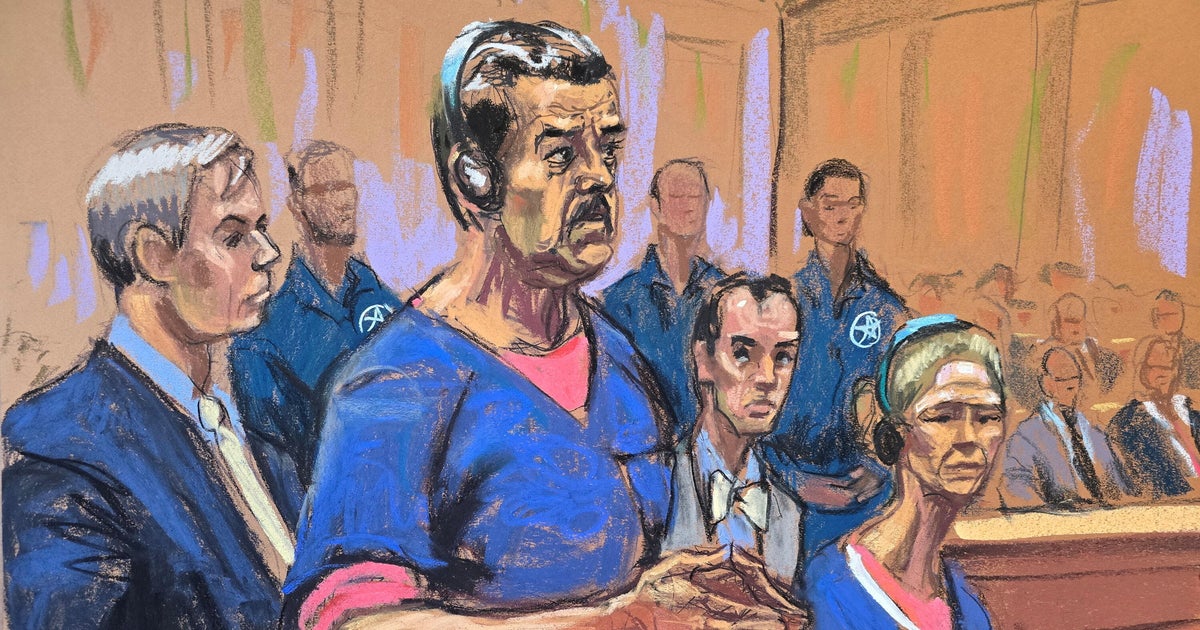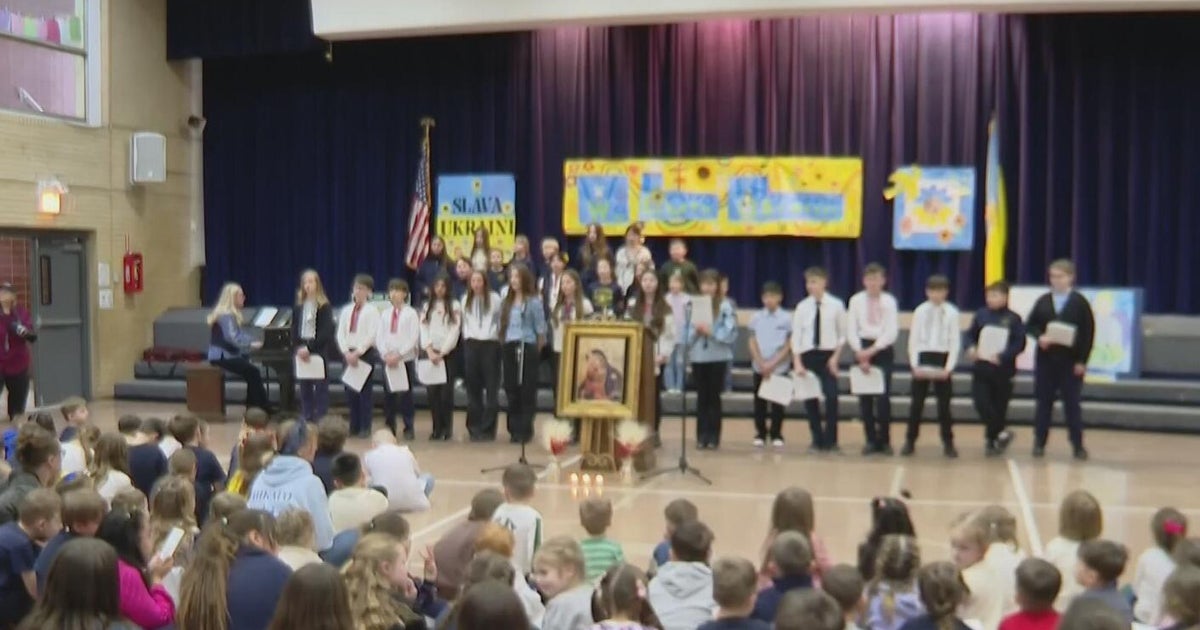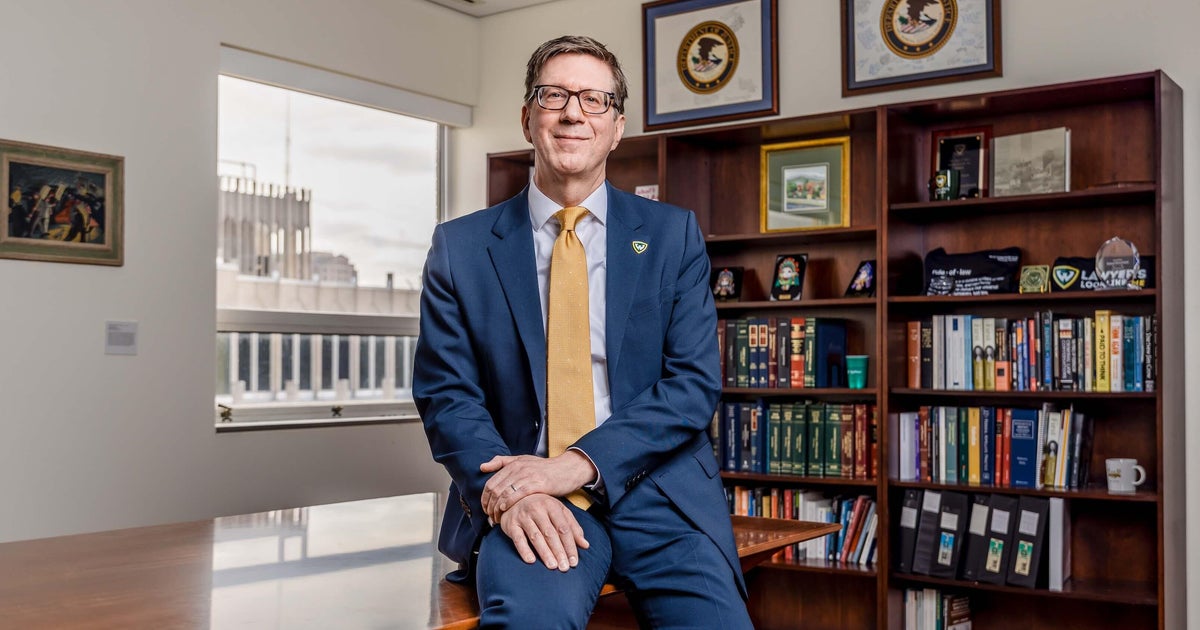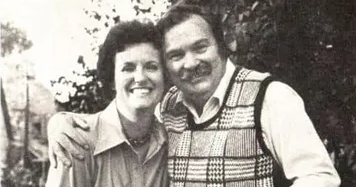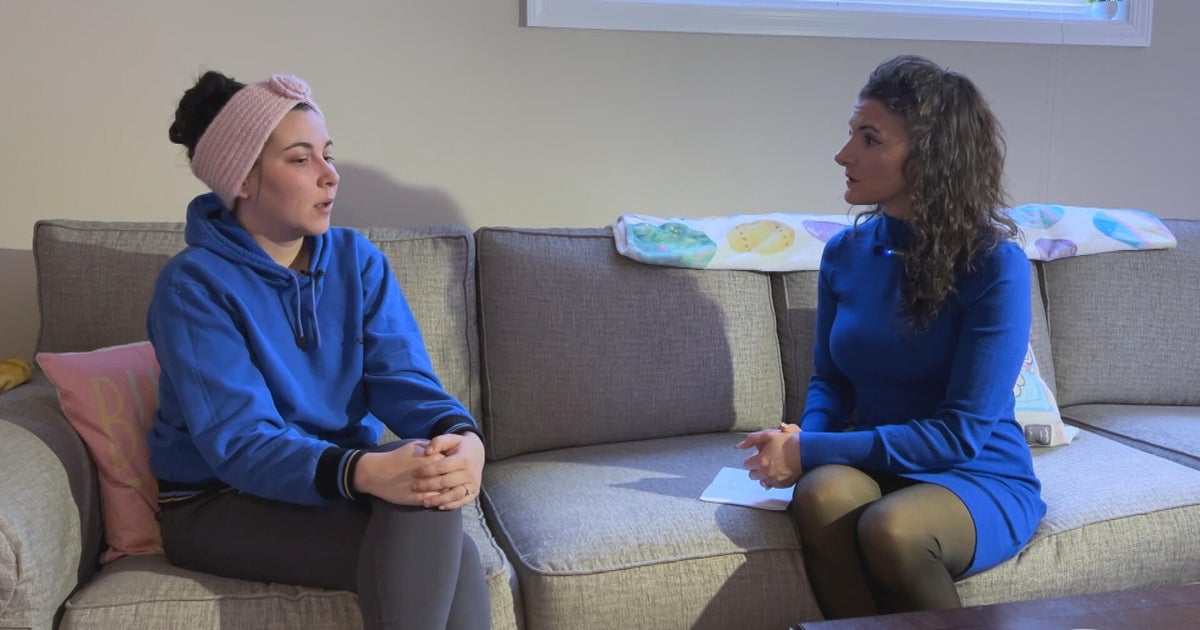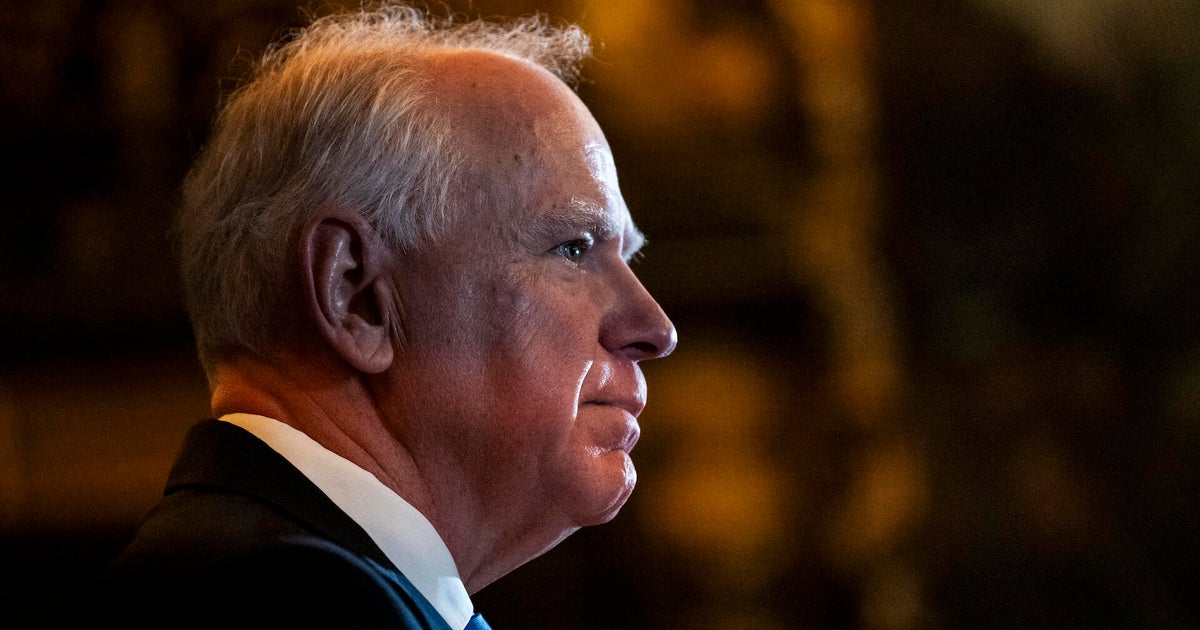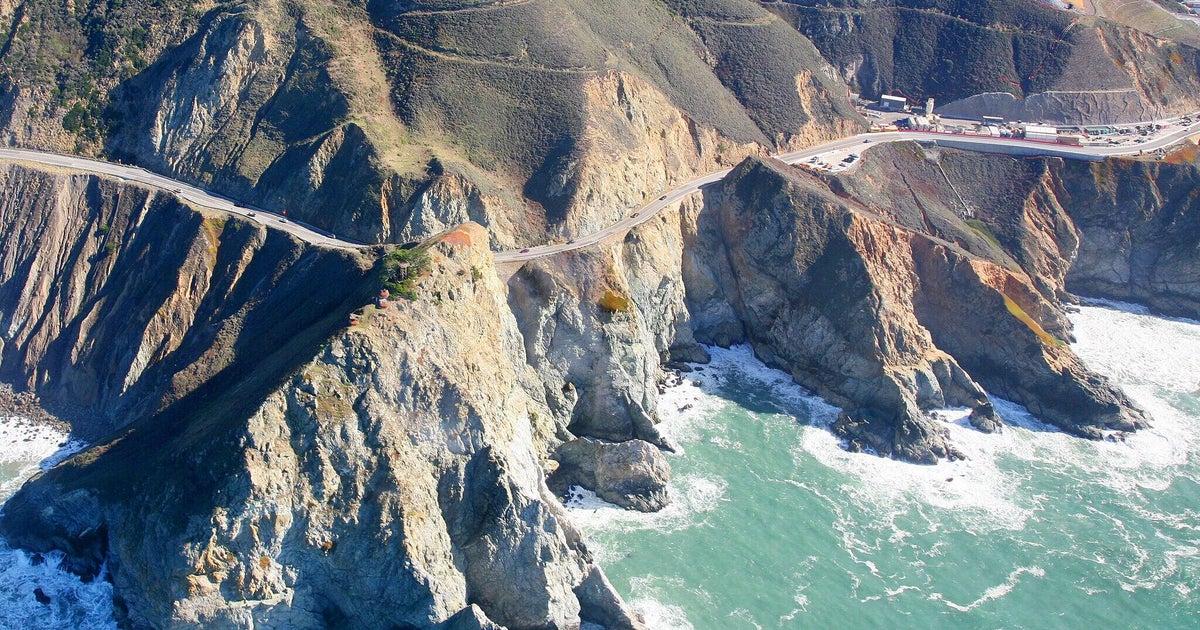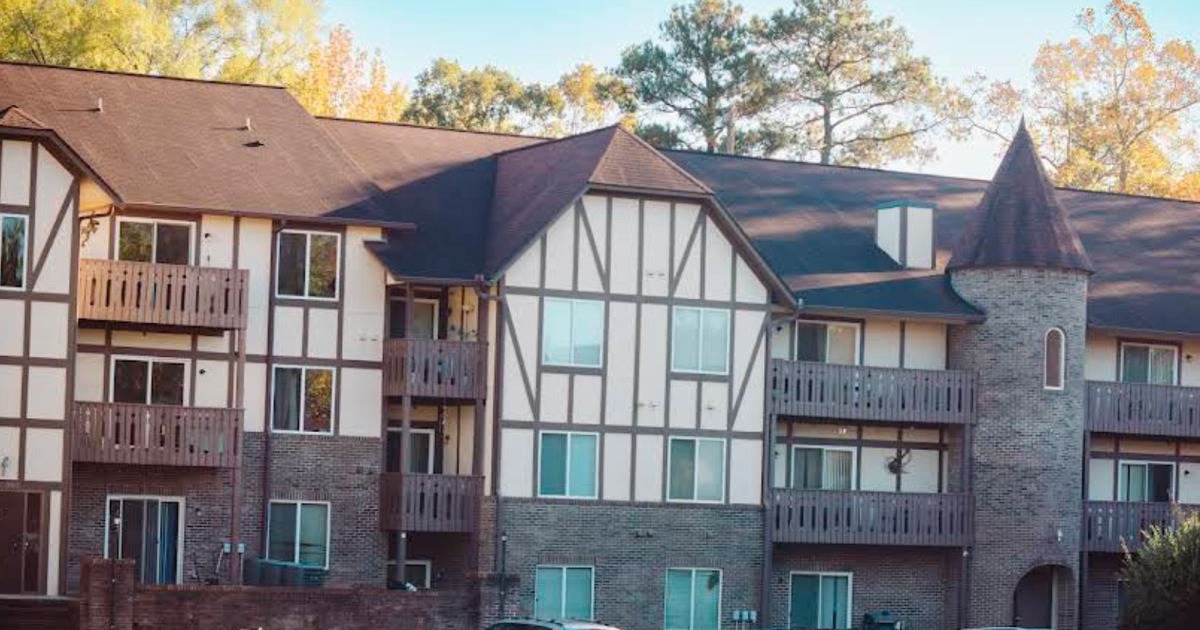Venezuelan President Hugo Chavez Dies
CARACAS, Venezuela (CBSMiami) – Venezuelan Vice-President Nicolas Maduro announced Tuesday that President Hugo Chavez passed away at the age of 58. He leaves behind a country he built through charisma and populist rhetoric along with an anti-American message.
CBS4 News partner The Miami Herald is reporting a funeral that will span two days is scheduled to be held Thursday and Friday in Caracas.
Late Tuesday, Maduro assumed interim presidency until elections can be scheduled within 30 days.
Chavez was born in Venezuela to a working class family. He became a career military officer, a paratrooper, and frequent government critic. Chavez's first foray into the political theater came when he led a failed coup in 1992, for which he spent two years in prison.
After that failure, Chavez came back to the forefront of Venezuelan politics to win his first of several presidential elections in 1998.
Chavez introduced a new constitution, land reform, nationalized key industries, and provided services to the poor. He said his was not a communist revolution, but instead named his revolution "Bolivarian" after Venezuelan patriot Simon Bolivar
Chavez's revolution came during times of bitter division in Venezuela. The country saw one of the highest crime and inflation rates in Latin America.
According to CBS4 news partner the Miami Herald columnist Andres Oppenheimer, Chavez used Venezuelan oil money to promote his social programs and entrench himself in office.
Gallery: Hugo Chavez, 1954-2013
"He's spending $1.6 billion of oil money and all of that adds up to votes," Oppenheimer said.
Chavez developed a strong friendship with retired Cuban dictator Fidel Castro and would make many trips to the communist nation. Chavez also sent oil to Cuba in exchange for Cuban doctors, advisors, and athletes.
In 2002, Chavez survived a military coup. An interim president was installed, but key sectors of the military and even Chavez's opponents refused to back the interim leaders. Pro-Chavez forces would retake the presidential palace without firing a shot and re-install Chavez as president.
Two years later, his opponents tried to remove him again, this time using a recall election that brought out millions of voters. But, the recall effort failed and Chavez strengthened his hold on the reins of leadership in Venezuela.
But, in 2011, Chavez announced that he was suffering from cancer. He kept details of his illness a secret but traveled to Cuba for treatment; all while vowing to seek another term as Venezuela's president, which he would win.
On December 8, 2012, Chavez said he would undergo more cancer surgery and named a successor if he didn't make it through. Chavez's selection for next president would be Vice-President Nicolas Maduro.
At the time, Chavez's supporters gathered in public places throughout Venezuela to express shock and sadness that their president was facing another health crisis. Chavez would leave Venezuela for Cuba two days later. He was greeted in Havana by Cuban President Raul Castro.
On February 15, 2013, for the first time in nearly two years, the Venezuelan government showed the first photos of Chavez. Venezuela said Chavez was breathing through a tracheal tube. But just three days later, Chavez returned to Venezuela and tweeted, "We will live and we will triumph."
While Chavez's social programs remained popular with the poor, until the end he was a divisive figure in both Venezuelan and world politics. His virulent anti-American message made him popular with some of the world's most notorious dictators.
Chavez's popularity with some couldn't insulate him from the criticism that his Bolivarian Revolution failed to deliver on its promises.
